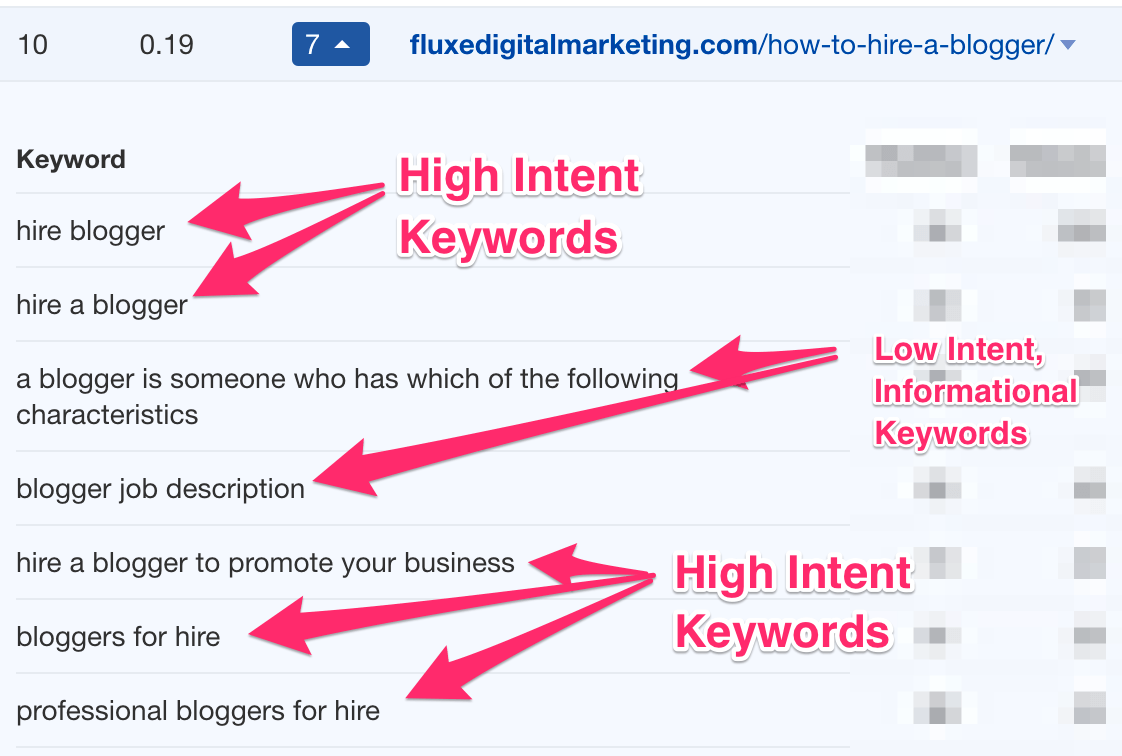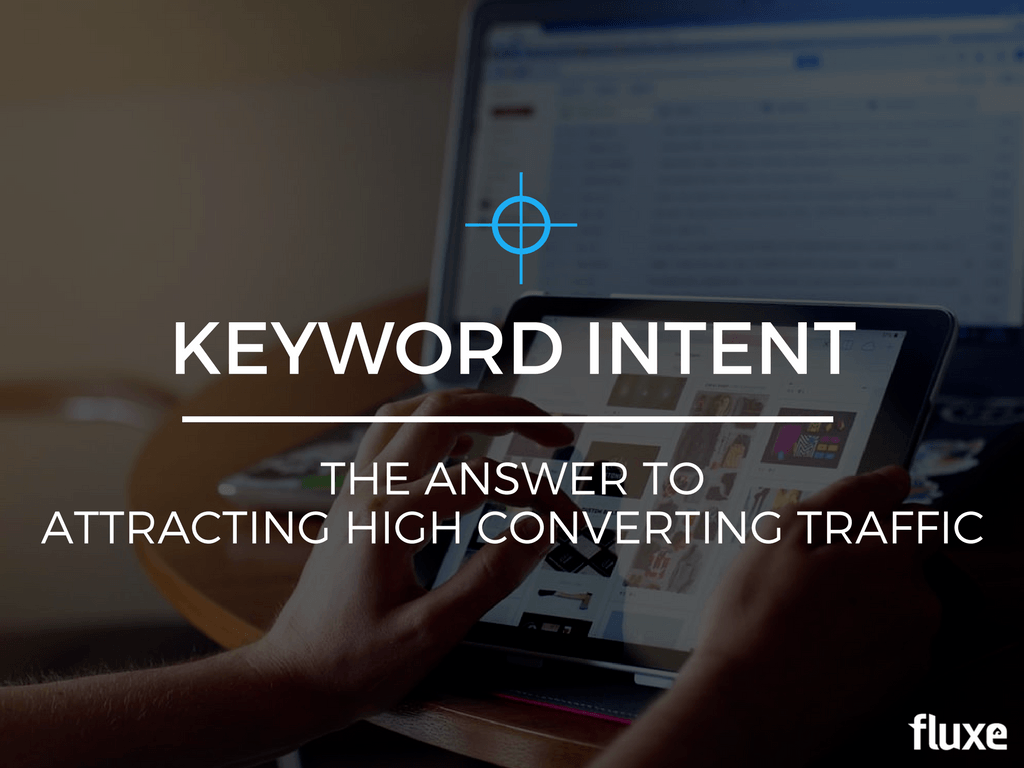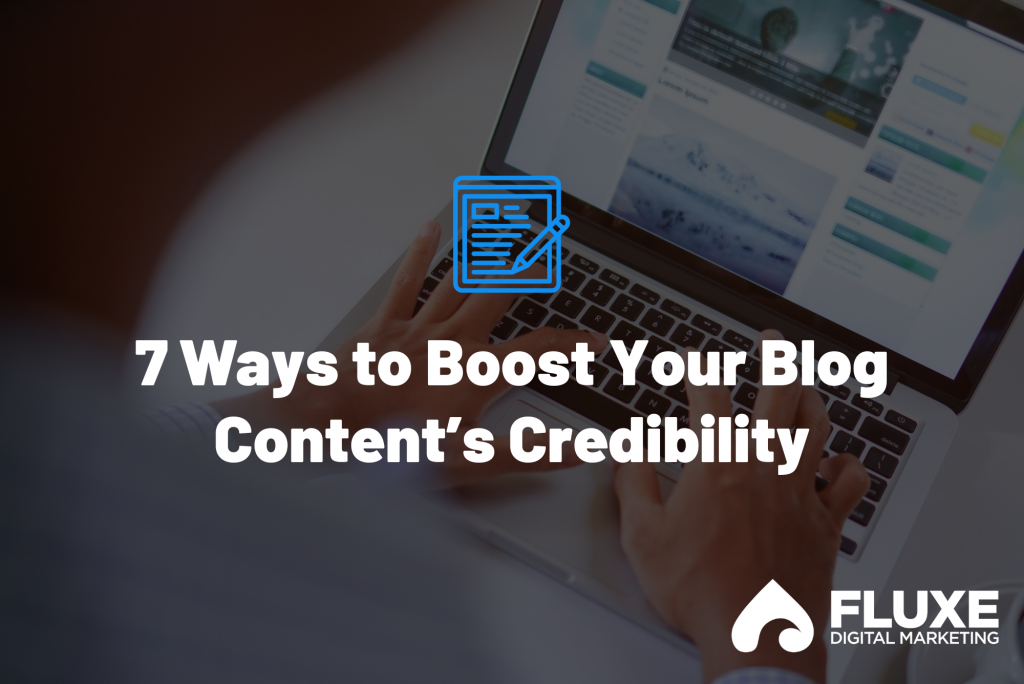If you’ve ever spent any time people watching at the mall, you know that shoppers can be categorized into three basic groups:
- Those who know exactly what they want and they came to buy it.
- Those who need something (like a coat) and want to shop at a few different places.
- Those who came to the mall as a destination and may or may not buy something.
Sound about right? You’ve probably been in each of these groups yourself at some point in time.
Well, it’s the same for your website. Visitors fall into one of those three categories, and if you aren’t intentionally creating content optimized for each group, you’re likely wondering why your content isn’t converting.
In this post, I want to show you how to attract the right visitors to the right content on your website. It all starts with understanding the intent of your visitors and the reason they clicked on your site in the first place.
If you’re trying to give “window shopping” content to visitors who are ready to buy, they’re going to get frustrated and leave. And if you try to hard sell a casual reader, you’re going to scare them away.
But when done right, you can optimize your content to reach each type of customer, just based on what they’re searching for. It’s like having sales specialists for every stage of your sales process.
To do that, I’m going to show you the four types of keywords you need to know how to optimize for.
The Four Types of Keywords Buyers Use
The first stage of keyword research is understanding the behavior behind the keywords you choose. Just because you can rank for a keyword doesn’t mean you should. The difference between a single word in a key phrase could mean the difference between someone who is window shopping on your site and someone who was ready to buy. Let’s take a look at the different types of keywords you might want to rank for.
High-Intent, Late Stage Purchase Keywords
These are keywords that people use when they know what they want and are ready to buy. They may not know where they want to buy it, but they’re going to make a purchase. Here are a few examples (I’ve bolded the word inside each example that makes it late stage)
- Buy Casio Men’s MQ24-1E watch
- Vitamix blender coupon
- Free shipping mattresses
- GPS deals
- Subscribe to fast company magazine
- Hire a speaking coach
These are mostly product-centered because of the purchase cycle. If you are buying PPC ads, these are the types of keywords and key phrases you want to go after because they convert extremely well. They are also the most expensive because the competition is so high.
Product/Service Comparison Keywords
People using comparison keywords may not have their credit card in hand, but they are in the later stages of the purchase cycle. These keywords are specific enough to focus on a certain product or service category, and they have usually narrowed the search down to a few of their top choices. Here are a few examples of comparison keywords:
- Nashville CPA reviews
- Best thin crust pizza Atlanta
- Yeti Tumbler vs RTIC Tumbler
- Best WordPress hosting
- Cheap office space Oak Grove
These types of keywords are fantastic to target because they have a relatively high buying intent and they aren’t as competitive as the ready-to-buy keywords above.
Informational Keywords
Informational keywords make up the majority of keywords online. These are what most service-based businesses start with at the top of the funnel when educating their prospects, and they are usually early to middle stage keywords.
Don’t expect to convert visitors immediately from informational keywords. Instead, use them as an opportunity to gather email addresses and nurture prospects who may be interested (but not immediately ready) in making a purchase. Here are some informational keyword examples:
- How to choose the best keywords for your blog posts (see what I did there?)
- Ways to save money
- Plumber reviews Dallas, TX
- Seattle Washington rent prices
Window Shopper Keywords
Window Shopper keywords are at the very top of the funnel. They target shoppers who aren’t ready to make a purchase but are interested in understanding the niche they’re researching.
Window shoppers are the reason we create free lead magnets and content upgrades. The people that download these resources are often looking for a concise overview of a topic. For example:
- Download our Editorial Calendar Template
- Free Guide
- Keywords 101
Don’t expect these visitors to convert right away. Instead, make the call-to-action a downloadable resource to get them on your email list so you can nurture them. Remember, your goal for this type of content should be to educate your visitors.
How to Evaluate Keyword Intent: An Example
Here’s an example from one of my own blog posts, How to Hire a Blogger That Gets Results.
My target keyword was “hire a blogger” and you can see below that I ranked for related keywords even though I only targeted one.

The fact that I rank for “professional blogger for hire” is great because it’s high intent, but I was also excited to rank for “blogger job description”. Even though it isn’t high intent it’s valuable because I have a free download of a job description template.
The longer the keyword phrase is, the more specific it usually is. This isn’t always true, but trying to rank for general 1-2 word key phrases isn’t typically a good idea because they’re extremely competitive and have low purchase intent.
Before you choose your target keyword/phrase for your next web page or blog post, first think about the action you want readers to take and base your keywords off that.



